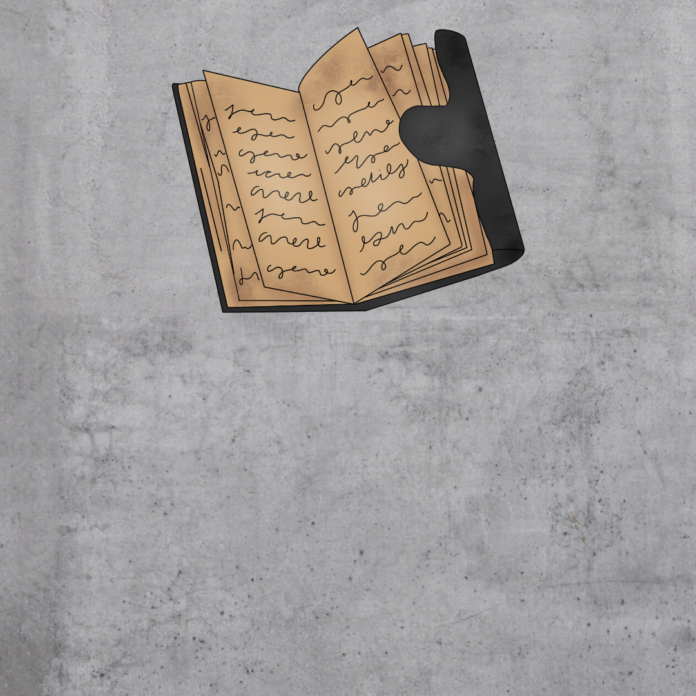
Our sedra contains the tochacha, a whole litany of curses that will befall the Jewish People should they turn away from a life of faith and observance. It is a terrifying account of punishments and persecution, a troubling read. It may be a hard ask then, to write a short pleasant Dvar Torah on it. “Why,” Chief Rabbi Hertz asks, “does Scripture enter into such dreadful detail concerning the consequences of disobedience?!” Indeed, many Ashkenazi communities have the custom of reading these passages quickly and in an undertone. Rabbi Dovid Povarsky, the late Rosh Yeshiva of Ponovizh, related how in his youth in Poland, congregants refused to be called up to the Torah for this portion; large sums of money had to be given to persuade someone to take the aliyah.
Are these curses the right note with which to end Sefer Vayikra with? What link do these curses have to the Temple anyway, one of the main topics of the book?
The tochacha may not be the lightest read, yet, in the thinking of the Rambam, it is certainly empowering. It helps us understand world history and pave our way to a brighter future.
Judaism sees history as shaped not by epochs and “structures” but by individuals. The Biblical saga is driven by people, not by processes or natural cycles. Patriarchs, prophets, judges, and monarchs, individual people, dominate its stories. It is our ability to choose and act, the Rambam maintains, that shapes our path in life. If we fail to focus on the morality and monotheism that Judaism teaches, keeping the mitzvot that help us to perfection in this world, then, quite naturally, we will suffer and civilisation will break-down, as the tochacha describes.
A society experiencing such malaise must realise that they are most probably failing morally and change their ways for the better. For the Rambam, the commandments of praying, fasting, and repentance all help a person to do that, allowing them to recognise that their actions have been destructive, and to resolve to improve, to turn away from their harmful behaviours, the cause of their difficulties. That, for the Rambam, is also the primary purpose of the Temple, to have a place where each individual can feel cleansed of the crimes they may have committed, their past sins, and to be granted the ability, psychologically, to change and move on. Thus, the tochacha and the Temple are indeed linked.
Indeed, as the Rambam describes, despite this winding, hiccupping journey of human history, the harrowing evil perpetrated by man, eventually, people will open their eyes and awaken from their slumber passivity of viewing world events as fuelled simply by chance or the distant forces of nature. Instead, mankind will begin to recognise the great power of their actions, and begin to help those in need and resolve to do only good; that “through repentance and charity will Israel be redeemed,” ushering in the Messianic Age.
So, in short, that’s the Rambam’s take on human history and destiny. Whilst ultimately, both suffering and world history are far beyond human comprehension (as the Rambam admits as well), we are driven through life by our actions and choices. Read the tochacha quickly and quietly perhaps, but let’s not forget that message. As one British poet said, “I am the master of my fate, I am the captain of my soul.” Chazak, chazek, ve’nitchazek!









